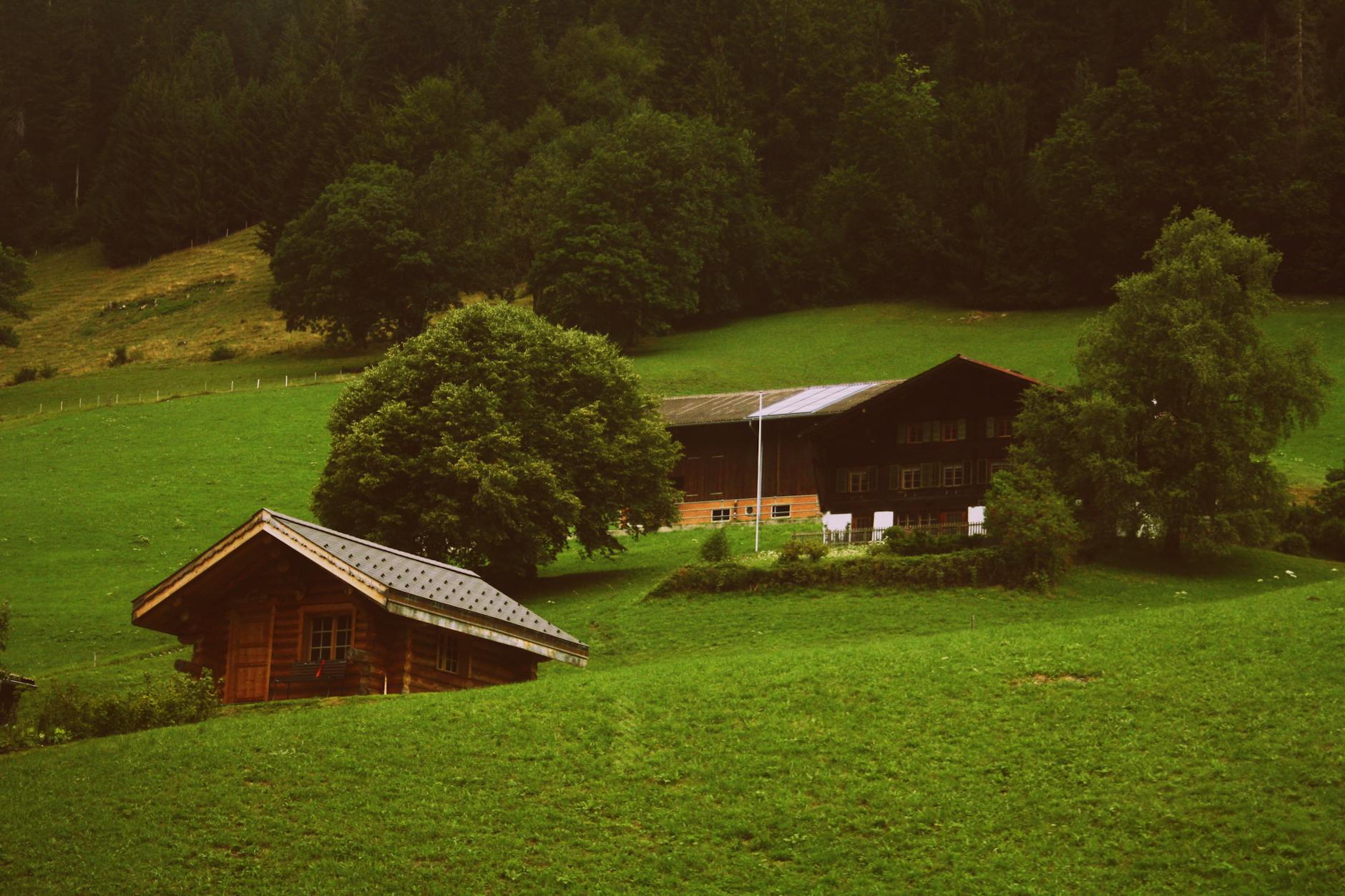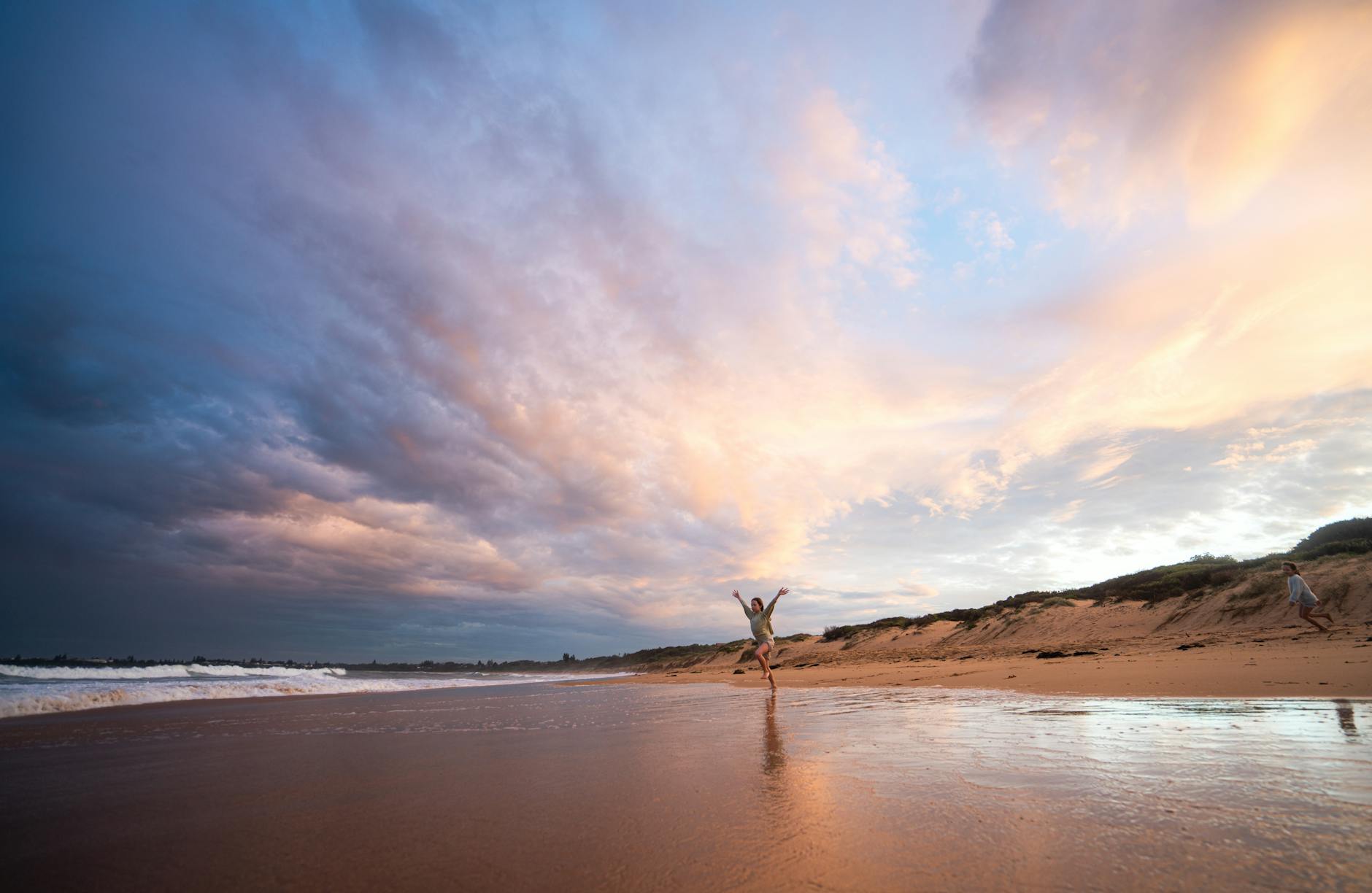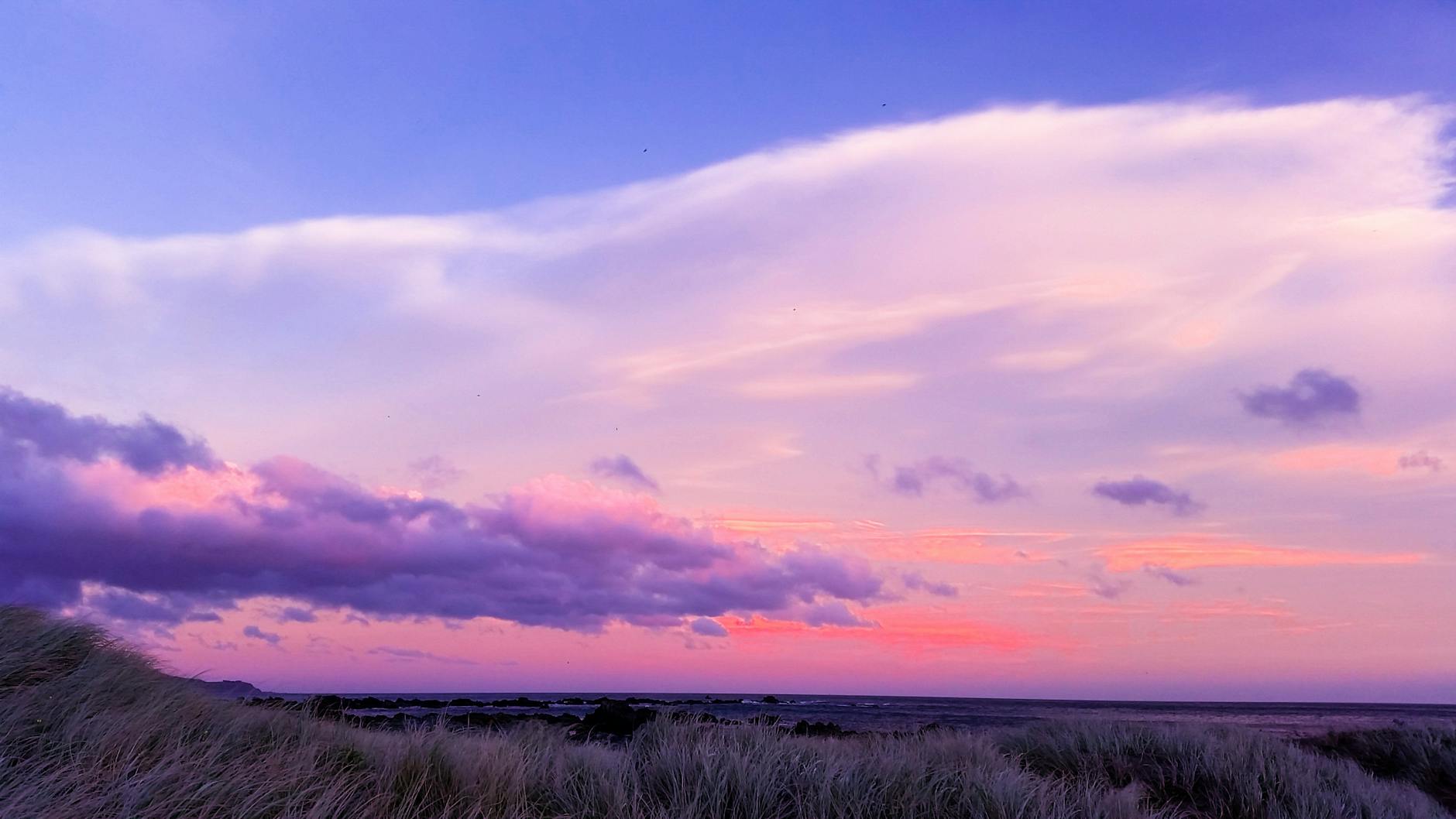How Australia's Conservation Efforts Enhance Polar Tourism Experience

Australia's Conservation Framework
Australia's approach to conservation is comprehensive, focusing on the protection and sustainability of its diverse ecosystems. Marine Protected Areas play a crucial role, preserving the rich marine biodiversity essential for research and ecotourism, including Antarctic tours. These areas, supported by institutions like the University of Tasmania's Institute for Marine and Antarctic Studies, are vital for safeguarding species affected by climate change and human activity.
Marine Protected Areas
The establishment of Marine Protected Areas (MPAs) is a cornerstone of Australia's environmental policy. These areas not only protect marine life but also serve as a shield against overfishing and habitat destruction. They provide a sanctuary for species, ensuring the survival of marine ecosystems crucial for sustainable tourism practices.
Biodiversity Action Plans
Biodiversity Action Plans are carefully crafted to respond to the diverse needs of Australia's flora and fauna. They outline strategic priorities and objectives to conserve native species and their habitats. This framework is crucial for supporting initiatives like Central American tours, offering models of effective conservation strategies that can be adapted elsewhere.
Sustainable Tourism Policies
Sustainable tourism is integral to Australia's conservation efforts, ensuring that tourism activities, such as those showcased in Antarctica cruises, benefit both the environment and local communities. Policies are designed to minimise ecological footprints while maximising educational value for visitors. By drawing inspiration from iconic destinations like the Royal Tasmanian Botanical Gardens, Australia sets a benchmark for balancing tourism access with environmental protection.
Enhancing Polar Tourism
Ecotourism Initiatives
As someone deeply invested in environmental conservation, I often reflect on the strides made in ecotourism to preserve our planet's most delicate regions. Initiatives aimed at fostering sustainability within polar tourism play a crucial role in protecting these pristine environments. For instance, small group tours to the polar regions are gaining popularity. They ensure a reduced environmental footprint and enhance educational engagement with naturalists and scientists, akin to the immersive experiences offered on a Galapagos cruise.
Collaborations with Local Communities
Engaging local communities is vital in enhancing sustainable tourism within polar regions. By collaborating with indigenous groups and local authorities, tour operators can integrate traditional knowledge with modern conservation tactics. This ensures that tourism development is in harmony with cultural heritage and ecological preservation. An excellent example of this collaborative model is found in Húsavík, Iceland, where locals and tourists work together for sustainable whale watching, reflecting initiatives encouraged by the University of Tasmania's Institute for Marine and Antarctic Studies.
Improved Visitor Education
Visitor education forms a cornerstone of effective polar tourism strategies. Educating tourists about the sensitivity of polar ecosystems encourages responsible behaviors that contribute to the longevity of these natural wonders. Institutions like the Royal Tasmanian Botanical Gardens offer ranger-led interpretation walks and workshops that serve as inspiration for educational activities in these remote areas. Engaging tours emphasizing awareness can transform an ordinary Cuba travel experience into an educational journey, enriching both knowledge and appreciation for our shared ecological responsibilities.
Impact on Ecosystems
Protection of Wildlife Habitats
Understanding the intricate balance of wildlife habitats is vital for maintaining biodiversity in unique ecosystems like those found during Galapagos islands tours. These regions serve as living laboratories, offering valuable insights into species adaptation and natural processes. By integrating sustainable tourism practices, we can protect these habitats while enabling visitors to experience their wonder. The University of Tasmania's Institute for Marine and Antarctic Studies is leading efforts by developing conservation programmes and promoting habitat protection strategies worldwide.
Monitoring and Research Programs
Regular monitoring and research are cornerstones for conserving delicate ecosystems. Initiatives inspired by my experience at the Royal Tasmanian Botanical Gardens highlight the role of scientific research in fostering a deeper understanding of environmental changes. For example, ongoing monitoring of South America holidays aims to delineate tourism's impact on local habitats. Collaborating with international scientists, including those on Antarctic expeditions, helps in collecting data crucial to formulating adaptive conservation strategies.
Role of Indigenous Knowledge
Incorporating Indigenous knowledge is crucial for ecosystem management. Indigenous perspectives offer valuable insights into sustainable resource use, shaping conservation policies that respect cultural heritage and environmental integrity. Programs that integrate these traditional practices are not only preserving the ecosystem but are also creating robust conservation frameworks globally. Observations from Mount Wellington's natural environments serve as reminders of the importance of traditional ecological knowledge in drawing connections between past, present, and future ecosystem health.
By focusing on these elements, the collaboration between modern science and traditional wisdom can create a more comprehensive approach to conserving our planet's extraordinary biodiversity.
Challenges and Solutions
Climate Change Effects
As an eco-friendly travel advocate, I'm often inspired by the innovative efforts of organisations addressing climate change, especially in regions like the Arctic and Central America. The rapid warming of polar regions underscores the pressing need for sustainable tourism practices. This is an area where Arctic cruises must align conservation with exploration. These cruises, presented with the right balance, can become powerful educational tools for raising awareness about the fragile ecosystems we cherish.
Human Impact Mitigation
Sustainable tourism offers a way to mitigate the human footprint on delicate environments. I frequently advocate for travel experiences like Central America tours that prioritise eco-consciousness. Travelers should strive to choose operators committed to preserving natural landscapes and supporting local communities. Engaging with native cultures not only enriches the traveller's experience but also ensures a significant portion of tourism revenue aids conservation efforts.
Innovations in Conservation
The task of safeguarding vulnerable ecosystems demands innovation. As we've observed with the research at the University of Tasmania's Institute for Marine and Antarctic Studies, merging technology with conservation strategies can herald breakthroughs. From satellite monitoring of ice patterns to advancements in biodegradable materials reducing travel waste, innovation is leading the charge against ecological degradation. Embracing new technologies allows us to approach conservation with fresh perspectives, always keeping sustainability at the forefront.
Best Practices for Visitors
Responsible Wildlife Interaction
When approaching the captivating wildlife found in polar regions, it's crucial to respect their space and maintain a safe distance. Adopting responsible viewing habits allows us to appreciate these animals without causing them distress. The University of Tasmania's Institute for Marine and Antarctic Studies offers invaluable guidelines and programs to support such responsible interaction. By observing these principles, we can enjoy the unique fauna while ensuring their habitats remain undisturbed.
Minimizing Environmental Footprint
Traveling to pristine polar environments comes with a responsibility to minimise our ecological impact. One of the simplest ways to achieve this is by following sustainable tourism practices. Whether you're visiting Mount Wellington observation points or the expansive landscapes of the Arctic, strive to reduce waste, conserve water, and opt for eco-friendly transport options. Consulting resources from the Royal Tasmanian Botanical Gardens can provide further insights into minimizing waste and promoting local biodiversity during our adventures.
Supporting Local Conservation Efforts
Supporting local conservation initiatives is essential for maintaining the delicate balance of polar ecosystems. Consider contributing to or volunteering with organisations that prioritise eco-friendly projects and community empowerment. Engaging with community-led conservation projects not only enriches your travel experience but also ensures the protection of these vital habitats. Opportunities to do so abound, from participating in local research efforts to supporting indigenous communities' sustainable practices. Together, we can enjoy these regions and contribute actively and responsibly to their perpetual preservation.


